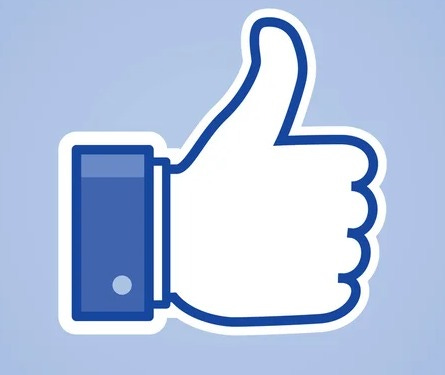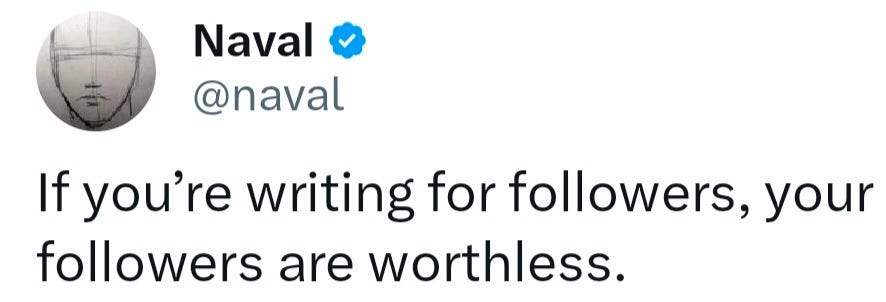The 'Like' button changed humanity forever
Behind this humble button lies a deeper motive of human beings
This ‘like’ button was conceived with the idea of simply liking what our close circles were doing back in the day, but today it has evolved into far more than that.
Its purpose is different now.
The 'like' on each platform holds a different form of significance.
This simple button wields more power than one can imagine. Its power is safely hidden behind that humble thumb icon.
On Twitter (X) – The most controversial, engagement-baiting, outrageous posts get the most likes.
On Instagram – The sexiest or most glamorous person gets the most likes.
On LinkedIn – The best corporate or academic achievement gets the most likes.
This behavior drives the algorithm and makes it what it is and sadly it starts to make us who we are.
The problem that happens with this trend is that once people start giving you the attention you want, it becomes inherent in nature for you to continue posting the same way because of the dopamine hits from the engagement you get from those posts, it becomes addictive.
Make sure that does not form a part of who you are as a person because people are not idiots, they are going to build real-life relationships with you for your virtues and the things you stand for.
I understand that this becomes difficult when you're marketing something or building a business that requires you to maximize followers for monetary gain. However, if you're posting your personal thoughts and views, it's better to be your true, authentic self.
By doing this, you attract people who are on the same wavelength as you and possibly form real-world connections.
In fact, Naval recently tweeted something that ties into this idea: followers are just a byproduct of what you believe in, and those who resonate with your beliefs will follow you.
So many people you see on social media have starkly different personalities in person. Hopefully, it does not creep into their real-life personality.
Most of the time people don’t even know that their thirst for likes with engagement-baiting posts is further adding fuel to the fire of the agenda of the most outrageous and heinous social media posts.
I consciously make sure that I am not a part of this agenda-based-liking ‘wherever I can’, even though I am not fully immune to it.
I can’t even imagine what school kids go through today, given the pace of the development of social media and easy access.
A 2020 study associated the use of social media and the development of depression, but only in those teen girls who used social media as a surveillance tool to compare themselves to others, which realistically is most of the adolescent population.
In a seven-year study of 4,000 thousand teenagers, total social media use correlated with the prevalence of eventual depression particularly due to this comparison complex, especially in boys.
I would say I simply got lucky not being born in a generation where my social media likes determined my self-worth or social standing.
I grew up in a school with a lot of peer pressure and I would probably suffer because my willpower as a teenager was not as strong as it is today, so I feel terrible for those kids who are going through this phenomenon today.
The posts with the most likes also become the norm for making a certain type of social media post because of the herd mentality of human beings.
An interesting study was done by scientists on a fictitious social media group, in which all the participants were research subjects and each subject underwent an MRI scanning process while being shown a fake item for a thumbs-up or a thumbs-down. The Nucleus Accumbens (NA) of people only lit up when people thought others liked that post as well. If they liked something that wasn’t popular, no dopamine rush was noted.
This was the herd effect of likes.
Finfluencers peddle ‘One Big Multibagger stock’ for likes on Twitter because that generates the most engagement, it doesn’t matter whether the post is setting realistic expectations or not as long as it fulfills its purpose.
Fitfluencers peddle ‘One Key Hack to Lose Weight’ for likes because that gets the most engagement.
The herd sees this trend, starts liking and following it, and then ‘growth hackers’ promote the trend. It eventually turns into a vicious cycle.
Conclusion
In a world filled with subconsciously chasing likes, be the person who does not sell his or her soul to the devil just for the sake of the algorithm.
If it’s promoting your business or your personal brand, make sure it’s not hurting anyone’s self-esteem or sense of self-worth because there is a serious lack of it anyway in today’s world.
This is a note to myself as well.
Relevant Reads from my blog:




